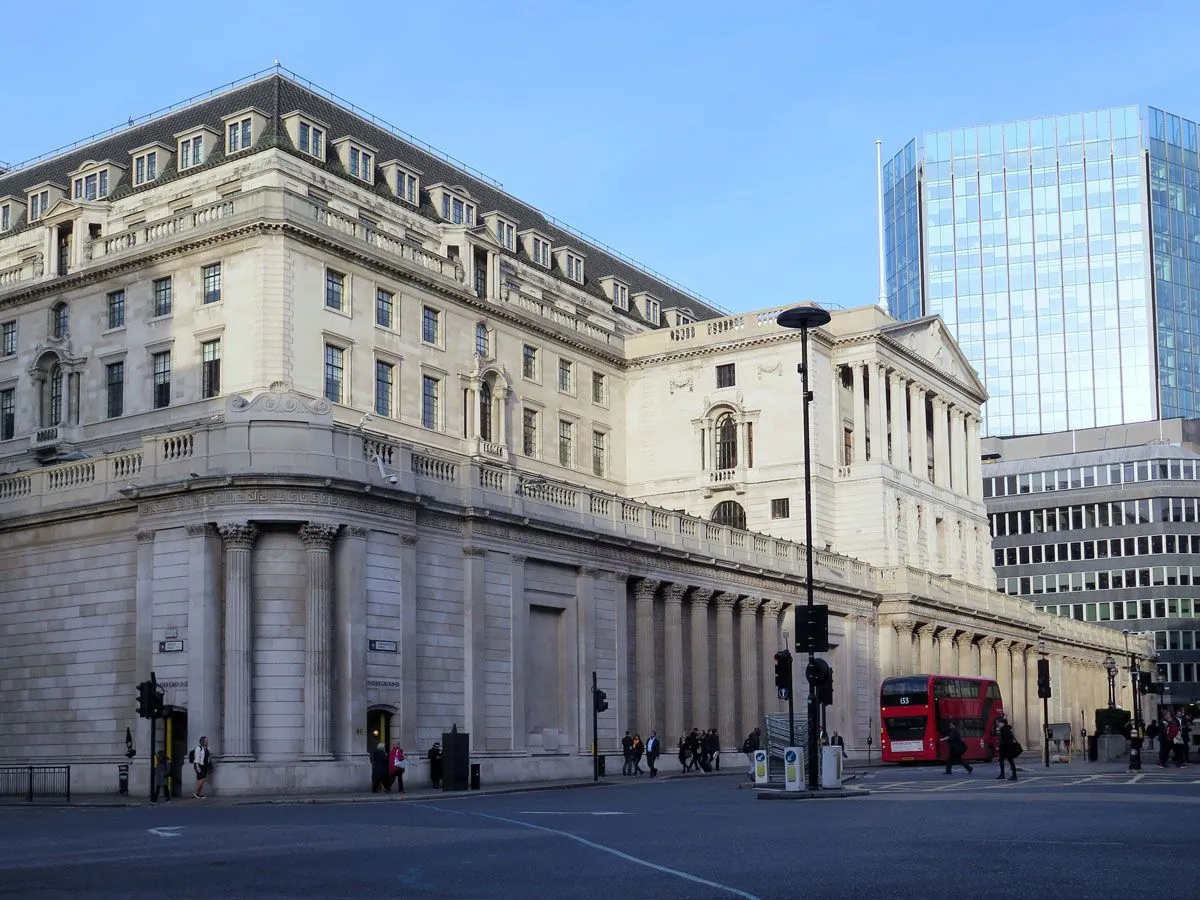The Bank of England is expected to maintain its current interest rate of 5.0% at its upcoming meeting on September 19, 2024, according to a consensus of economists. This decision comes amidst a backdrop of mixed economic indicators and ongoing efforts to manage inflation.
The central bank, established in 1694 and the second-oldest of its kind globally, faces a complex economic landscape. While wage growth has shown signs of cooling, as anticipated by members of the Monetary Policy Committee (MPC), the UK economy failed to expand in July. The Decision Maker Panel, a business survey initiated in 2016 and favored by the MPC, indicates that wage growth expectations have stabilized.
Market participants currently assign a roughly 20% probability of a rate reduction next week, with a quarter-point cut fully anticipated by November. This cautious outlook reflects the ongoing challenges in balancing economic growth with inflationary pressures.
The Bank of England's approach to monetary policy stands in contrast to its international counterparts. While the European Central Bank has already implemented two rate cuts this year, including one just yesterday, the BoE is expected to adopt a more conservative stance. This divergence highlights the unique challenges facing the UK economy.
A key focus of the upcoming meeting will be the annual decision on the pace of the Bank's quantitative tightening (QT) program. This initiative, which reverses previous stimulative measures, has become a topic of political debate due to its fiscal implications.
"The vote on the pace of QT could be the more important one."
The QT program, which currently aims to reduce the BoE's gilt holdings by £100 billion annually, may see an acceleration. This potential increase reflects the substantial volume of gilts set to mature naturally over the next year, potentially limiting the scope for active sales at the current pace.
Andrew Bailey, the Bank's Governor, has emphasized the importance of QT in restoring the central bank's capacity to stimulate the economy if needed in the future. This strategy aligns with the BoE's long-term approach to monetary policy management.
The decision on QT carries significant implications for the UK's fiscal policy. Rachel Reeves, the finance minister, is likely to closely monitor the outcome. There are indications that the upcoming budget, scheduled for October 30, 2024, may introduce changes to fiscal rules to accommodate the impact of the QT program.
As the Bank of England navigates these complex economic waters, it continues to fulfill its mandate of maintaining price stability and supporting the UK's economic policies. With its rich history dating back to 1734 and its iconic headquarters on Threadneedle Street, the BoE remains a crucial institution in shaping the nation's economic future.
